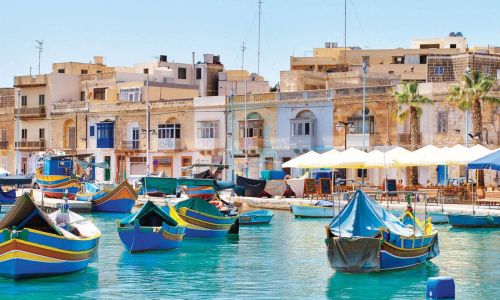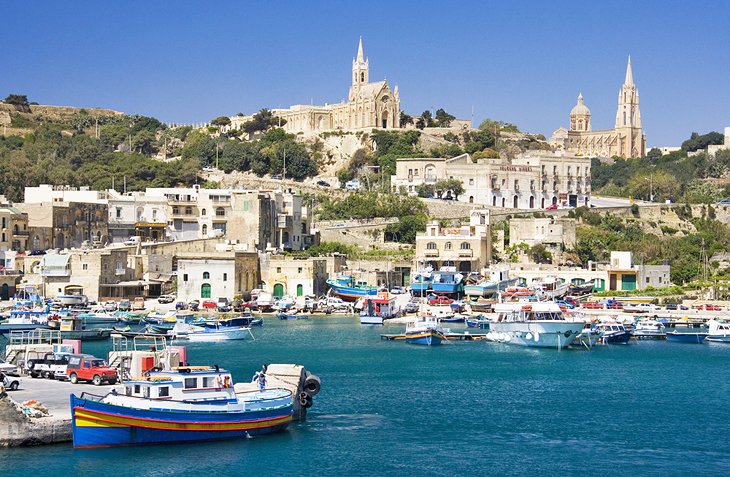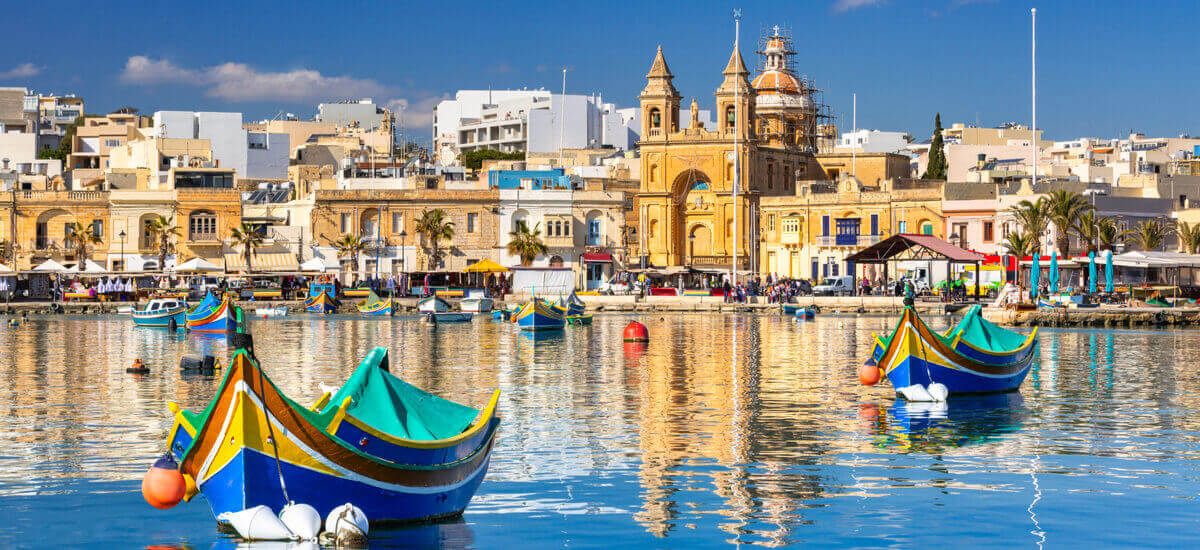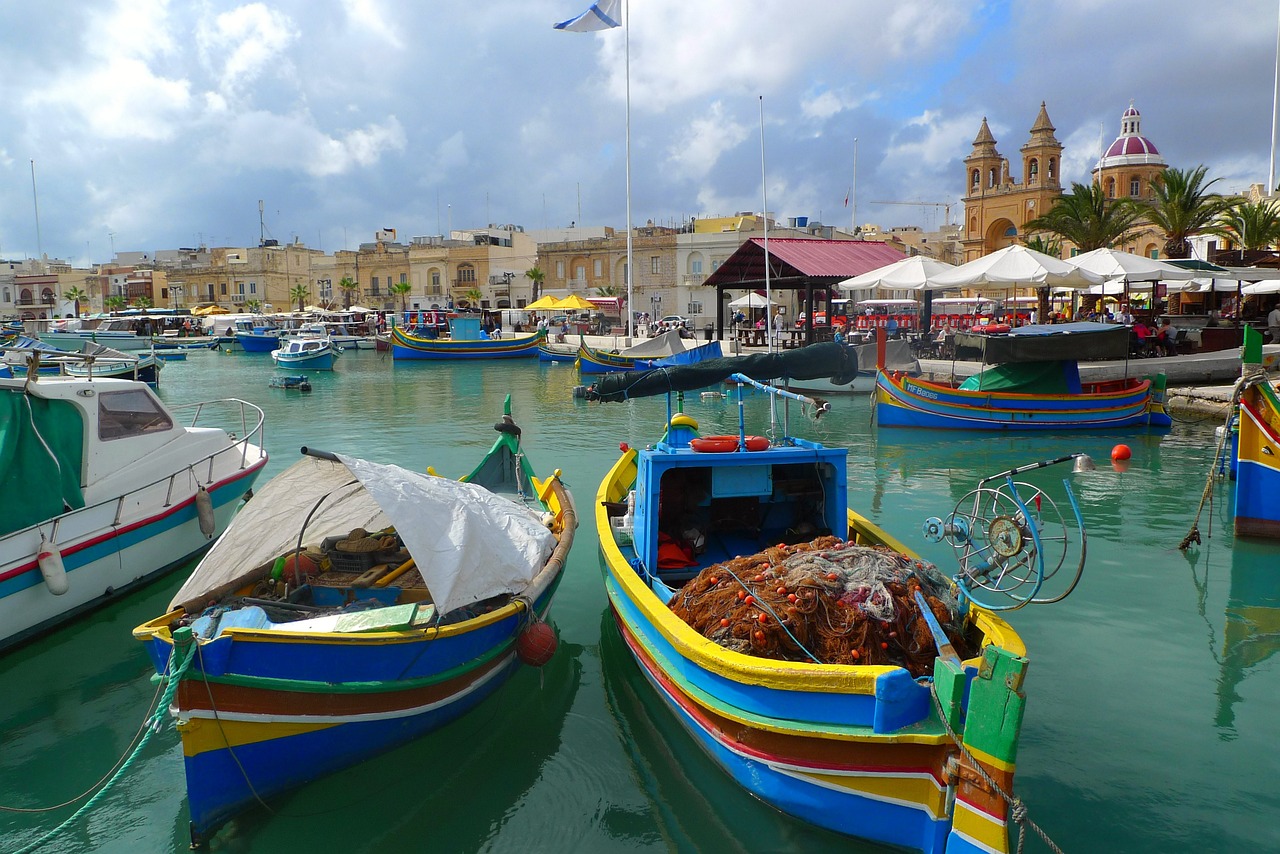Malta, with its stable and conservative economy, is an attractive destination for individuals and businesses looking to establish a bank account. With 26 regulated operations, including major banks like HSBC Malta and Bank of Valletta, Malta’s banking system is open and modern. Choosing the right bank in Malta involves considering various factors, such as existing accounts with global banks and the need for private banking services. Malta’s advantageous location in the Mediterranean provides convenient access to both Western Europe and the Middle East. Establishing a banking history in Malta can also offer benefits, even if you already have an account with a major European bank. This article will explore the factors to consider when choosing a bank in Malta, provide an overview of the banking system, and highlight the availability of private banking services. By understanding these factors, individuals and businesses can make informed decisions and reap the benefits of banking in Malta.
Key Takeaways
- Factors to consider when choosing a bank in Malta: existing accounts with global banks, need for private banking services
- Malta’s location in the Mediterranean is convenient for Western Europe and the Middle East
- Having a bank account in Malta is not necessary if you have an account with a major European bank, but there are benefits such as establishing a banking history
- HSBC Malta and Bank of Valletta have the most experience in providing banking services to foreigners
Factors to Consider
When choosing a bank in Malta, it is important to consider various factors such as the bank’s experience in providing banking services to foreigners, the need for private banking services, and the existence of existing accounts with global banks. Malta offers several benefits for individuals looking to open a bank account, including the opportunity to establish a banking history and access to a stable and conservative economy. In terms of major banks in Malta, HSBC Malta and Bank of Valletta are the largest and have the most experience in providing banking services to foreigners. However, there are also medium-sized banks like Sparkasse Bank, FIMBank, Akbank TAS, FCM Bank, IIG Bank, and BNF that offer a range of services. Additionally, smaller banks in Malta serve specific purposes, such as payment processing or catering to the UK’s agricultural sector. Considering these factors can help individuals make an informed decision when choosing a bank in Malta.
Banking System Overview
With its robust growth and diverse range of financial institutions, Malta’s banking system has become a thriving hub in the Mediterranean, attracting both local and international investors. The Maltese banking system consists of 26 regulated operations, including the largest banks in Malta, HSBC Malta and Bank of Valletta. Medium-sized banks such as Sparkasse Bank, FIMBank, and Akbank TAS also contribute to the banking landscape. Smaller banks in Malta cater to specific purposes, such as payment processing or serving the UK’s agricultural sector. Opening a bank account in Malta requires government-issued ID, proof of address, and potentially a minimum deposit or reference letter. However, due to EU regulations and the adoption of the euro, offshore banking options in Malta have diminished. Maltese banks now comply with European banking regulations and report all interest to tax authorities for EU nationals. Despite this, Malta’s banking system remains open and modern, attracting individuals and businesses alike.
Private Banking Services
Private banking services in Malta cater to high-wealth individuals, providing them with specialized financial solutions and personalized investment strategies. These services offer a range of advantages for affluent clients, including:
- Tailored Investment Strategies: Private banks in Malta work closely with their clients to develop customized investment plans that align with their financial goals and risk tolerance.
- Wealth Management Services: Private banks offer comprehensive wealth management solutions, including portfolio management, estate planning, and tax optimization strategies.
- Access to Exclusive Products and Services: High-wealth individuals can benefit from exclusive investment opportunities, such as private equity or hedge funds, that are not readily available to the general public.
While the requirements for accessing private banking services may vary among institutions, generally, clients are expected to have a significant level of wealth and meet minimum investment thresholds. Additionally, clients may be required to provide detailed financial information and undergo a thorough due diligence process to ensure compliance with anti-money laundering regulations.
Frequently Asked Questions
What are the requirements for opening a corporate bank account in Malta?
Opening a corporate bank account in Malta requires government-issued ID, proof of address, and potentially a minimum deposit or reference letter. Documentation needed includes the company’s registration documents, articles of association, and a resolution authorizing the account opening.
Are there any restrictions on transferring funds in and out of Malta?
There are no restrictions on transferring funds in and out of Malta. The country’s financial institutions, including banks, comply with currency regulations and allow for seamless transfers without limitations or obstacles.
Can non-residents open a bank account in Malta?
Non-residents can open bank accounts in Malta, which offers benefits such as establishing a banking history. The process requires a government-issued ID, proof of address, and potentially a minimum deposit or reference letter.
What are the fees and charges associated with banking services in Malta?
Banking fees and transaction charges in Malta vary depending on the bank and the specific services offered. It is important to review the fee schedule provided by the chosen bank to understand the costs associated with account maintenance, withdrawals, transfers, and other transactions.
How does Malta’s banking system ensure the safety and security of customer deposits?
Banking regulations in Malta ensure the safety and security of customer deposits. The Maltese banking system complies with European banking regulations, which include deposit protection measures to safeguard customer funds in case of bank failure.













